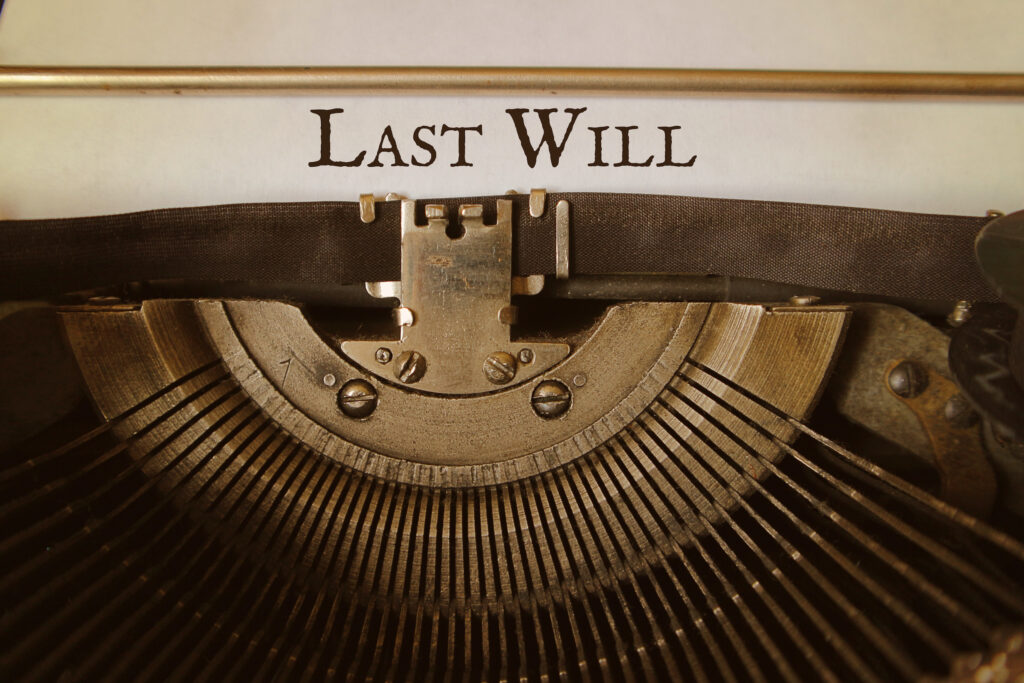There’s a difference between having a will and having an estate plan.
A will states the manner in which your assets will be distributed after you die. An estate plan is a broader plan of action for your assets that may apply during your life, as well as after your death.
Yahoo Finance’s recent article entitled “Estate Planning vs. Will: What’s the Difference?” explains that wills are legal documents that state the way in which you’d like your assets to be distributed after you die. They may also detail your wishes about how your minor children will be cared after your death, and will name an executor who’s in charge of carrying out the actions. Without them, the state’s probate laws determine how your property is divided.
Estate planning is a lot broader and more complex. A will is a single tool. An estate plan involves multiple tools, such as financial and medical powers of attorney, advance directives, burial arrangements, and possibly trusts for children or even pets.
Again, a will is a legal document, and an estate plan is a collection of legal documents. An estate plan can also handle other estate planning matters that may not otherwise be addressed.
A will is important and is a good place to start, but you’ll want to create an estate plan to ensure that your family is fully covered in the event of your death.
To leave your heirs and loved ones in the best position after your death, you should talk to an experienced estate planning attorney about creating a comprehensive estate plan, so your assets can end up where you want them to be.
If you need estate planning help, book a call with attorney Trey Stegall today.
Reference: Yahoo Finance (Aug. 10, 2021) “Estate Planning vs. Will: What’s the Difference?”

